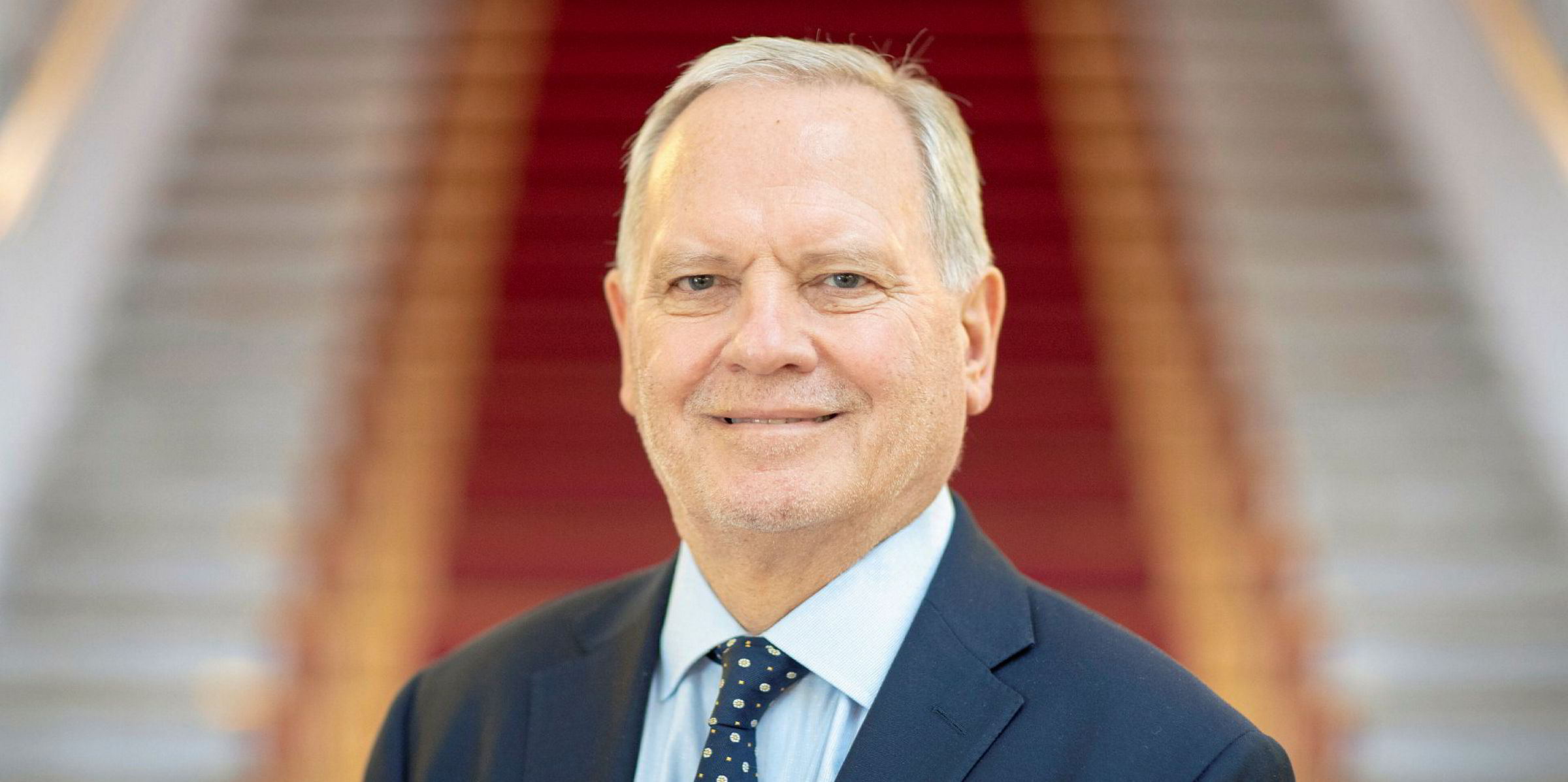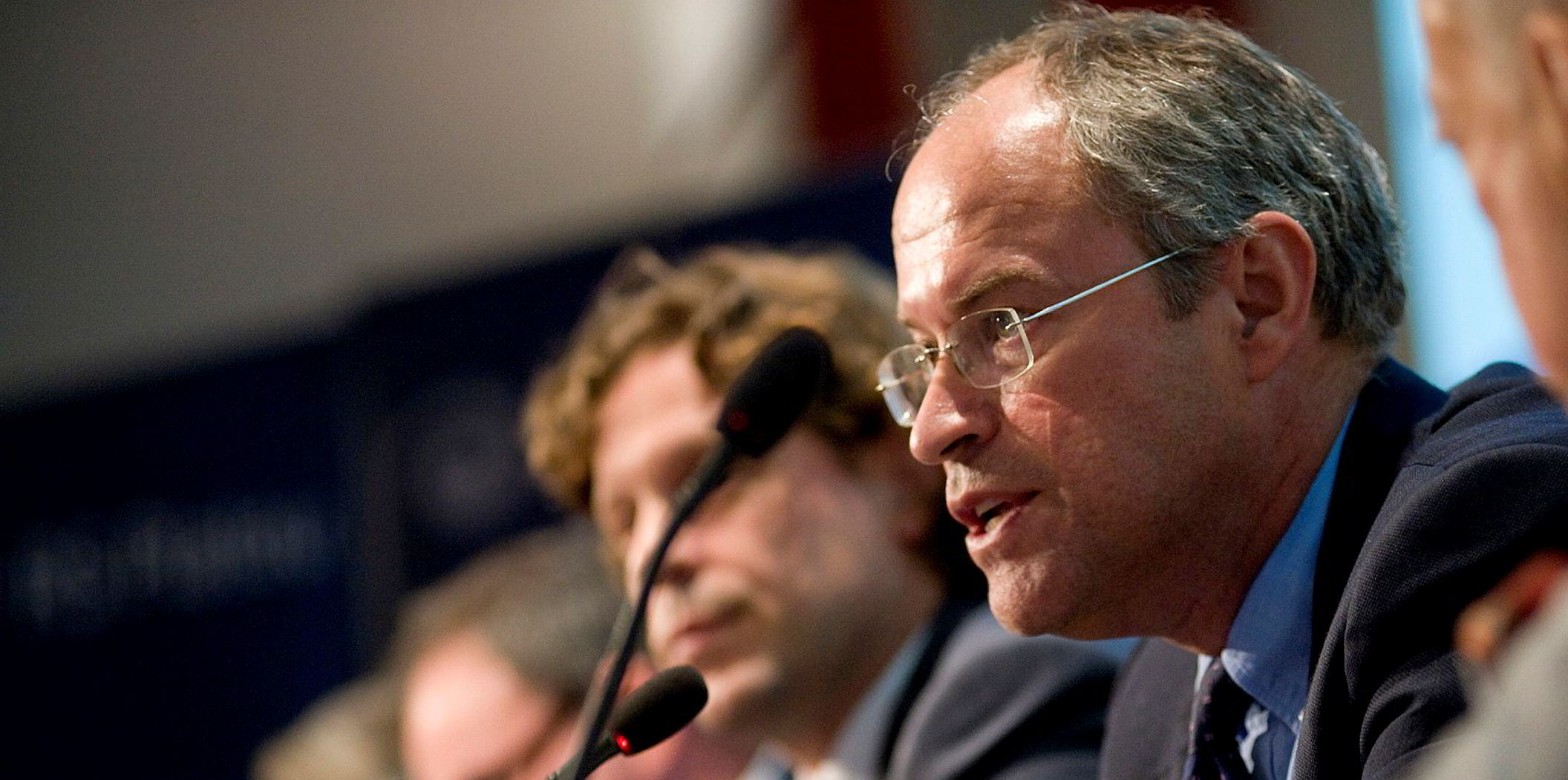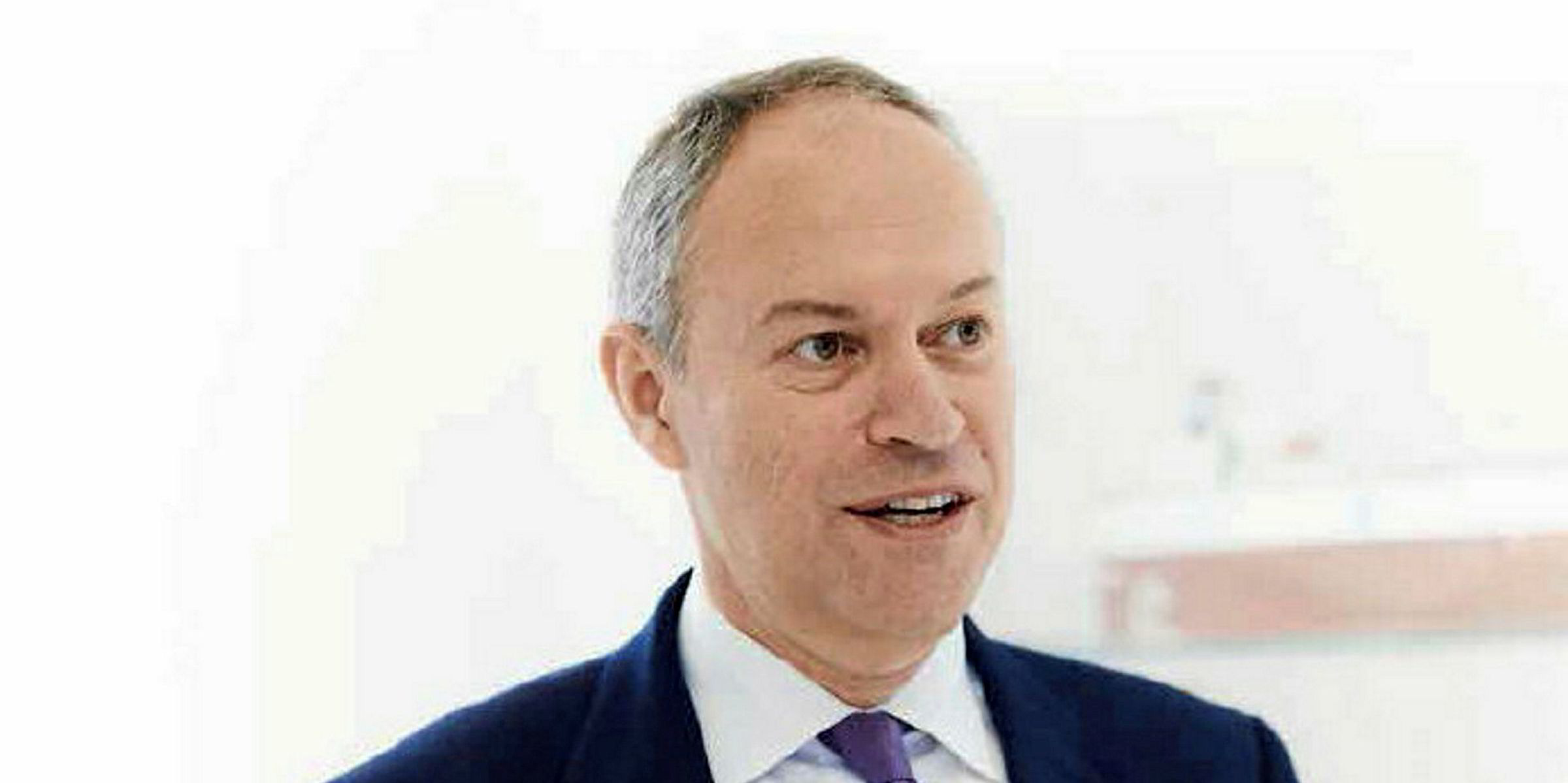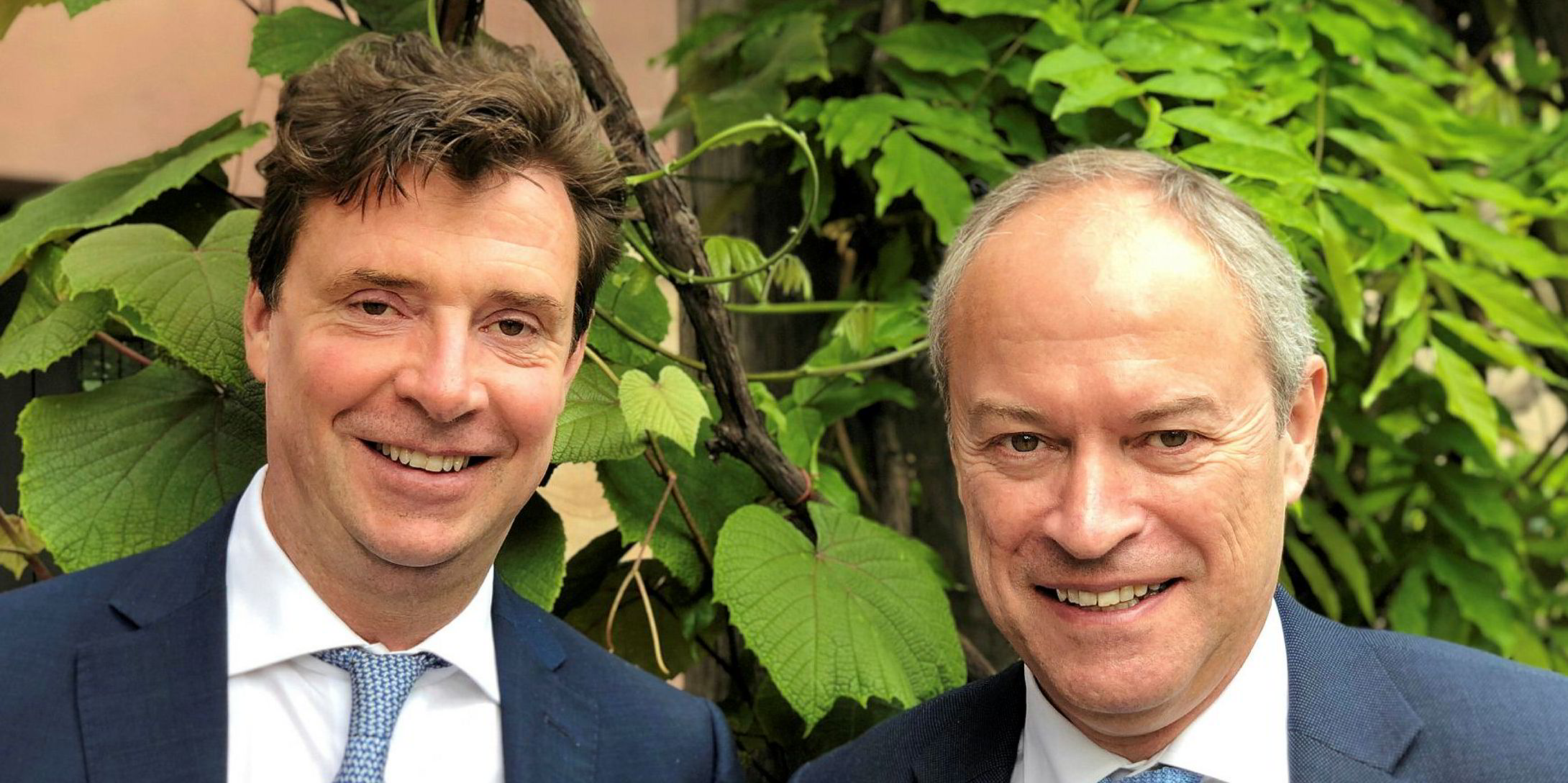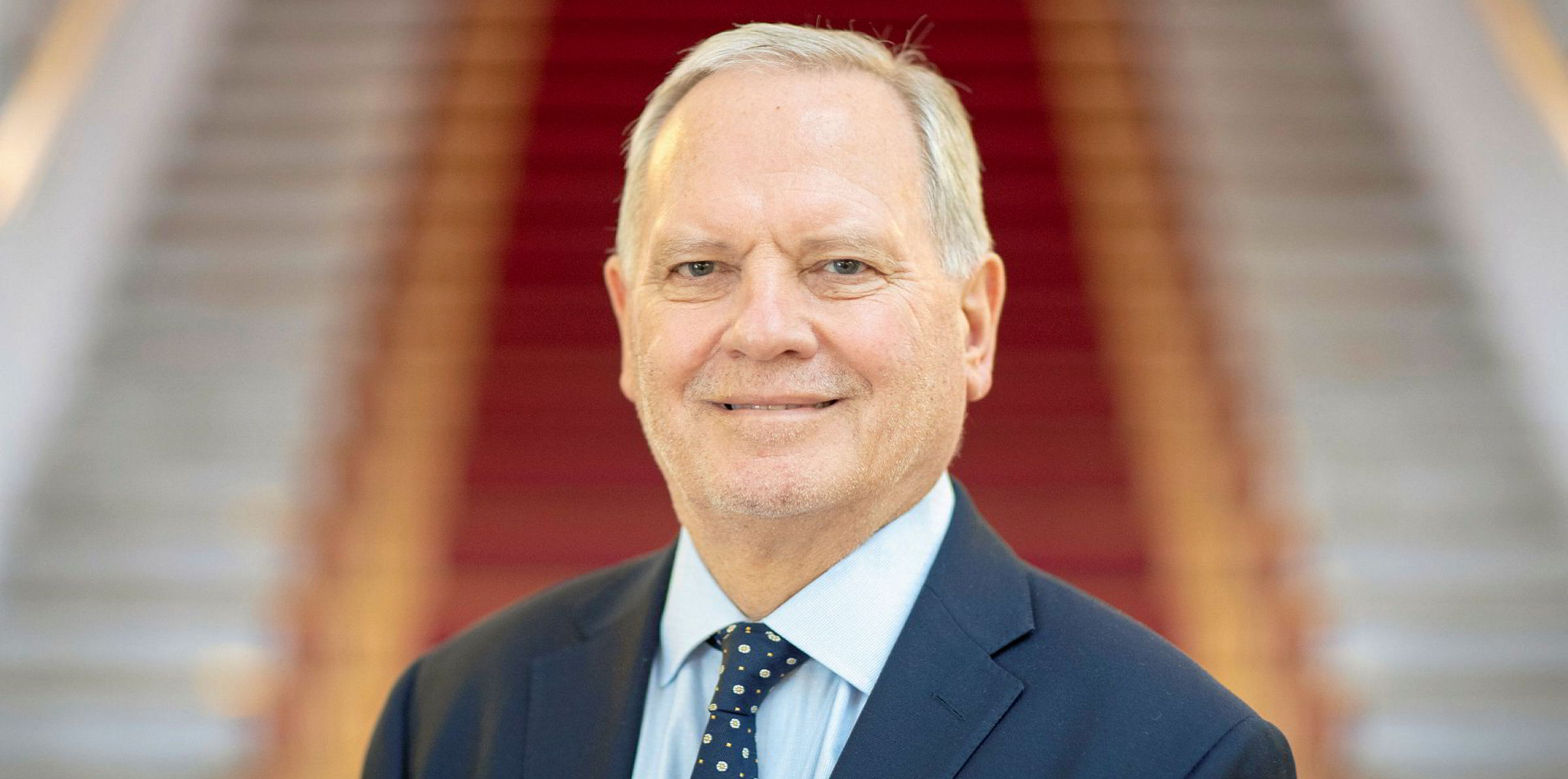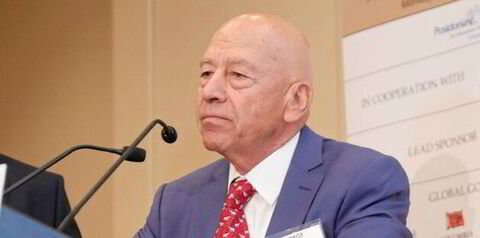Ron Series had a straightforward “vanilla” chairmanship in mind when he accepted the invitation of Braemar Shipping Services shareholder Downing to apply for the post at the London-listed company.
- Chartered accountant Ron Series had a taste of shipping around 30 years ago with Grindrod in his native South Africa.
- Today, he is a respected figure in the City of London, a factor which was influential in him joining Braemar as chairman earlier this year.
- University of Cape Town graduate Series is also chairman of logistics company DX (Group).
- His career also includes a four-year stint as a director of Clipper Logistics and a decade as head of his own company, Series Capital.
- He has been involved in corporate turnaround activities in the UK and Europe and corporate finance and mergers and acquisitions in emerging markets.
Now, just four months after succeeding David Moorhouse, the South African restructuring veteran has found himself on the front line.
Keen to avoid what he terms a “battlefield promotion”, Series has temporarily stepped into an executive chairman’s position to fill the void created by the departure of chief executive James Kidwell at the end of July.
He acknowledged that city investors generally dislike companies with an executive chairman at the helm, but Series is seeking to tap his background in refinancing and restructuring to set a new direction for Braemar before attention turns to appointing a long-term replacement.
“My job is to get the business facing in the right direction: focused, with its plan for the next three to five years,” he told TradeWinds during a meeting at his new office overlooking London's Trafalgar Square.
“We have done all the surgery, or dealmaking, that needs to be done with the group.
Gentle guiding role
“The only way forward for us is to say 'what’s the level of organic growth possible and what’s the level of acquisitive growth within the businesses?'”
Series, who described Kidwell as a “thoroughly intelligent person” and “a good man”, believes his role will be gentle guiding rather than heavy lifting.
“We do many things well, but we don’t have an overarching goal,” he said. “Where are we going and how do we get there?”
He argued strategy is a very misused word in business and the real question people should ask is, what is your goal?
I think we need to set some simple one-year, two-year, three-year goals and set some building blocks to get there. It does not miraculously happen
Ron Series
“I think we need to set some simple one-year, two-year, three-year goals and set some building blocks to get there. It does not miraculously happen,” he said.
Kidwell departed this summer after 17 years with Braemar, initially as chief financial officer before stepping into the chief executive’s post vacated by co-founder Alan Marsh in 2012.
Potential successors
Series said he began discussing Kidwell’s plan to retire before the company’s annual general meeting on 3 July and the process to find a full-time successor has yet to begin.
Industry players think potential candidates include James Gundy, the present chief executive of shipbroking division Braemar ACM, and former Eastern Pacific Shipping chief executive Steve Kunzer, who joined the Braemar board as a non-executive director in February.
When pressed on potential candidates, Series said: “We will ask what sort of person we need in that role. Do we need a shipping person? Do we need a financial person? Do we need a marketing person or an IT person?”
“We are not doing anything at the moment. When will that change? Probably when we have got the look and direction of the business.”
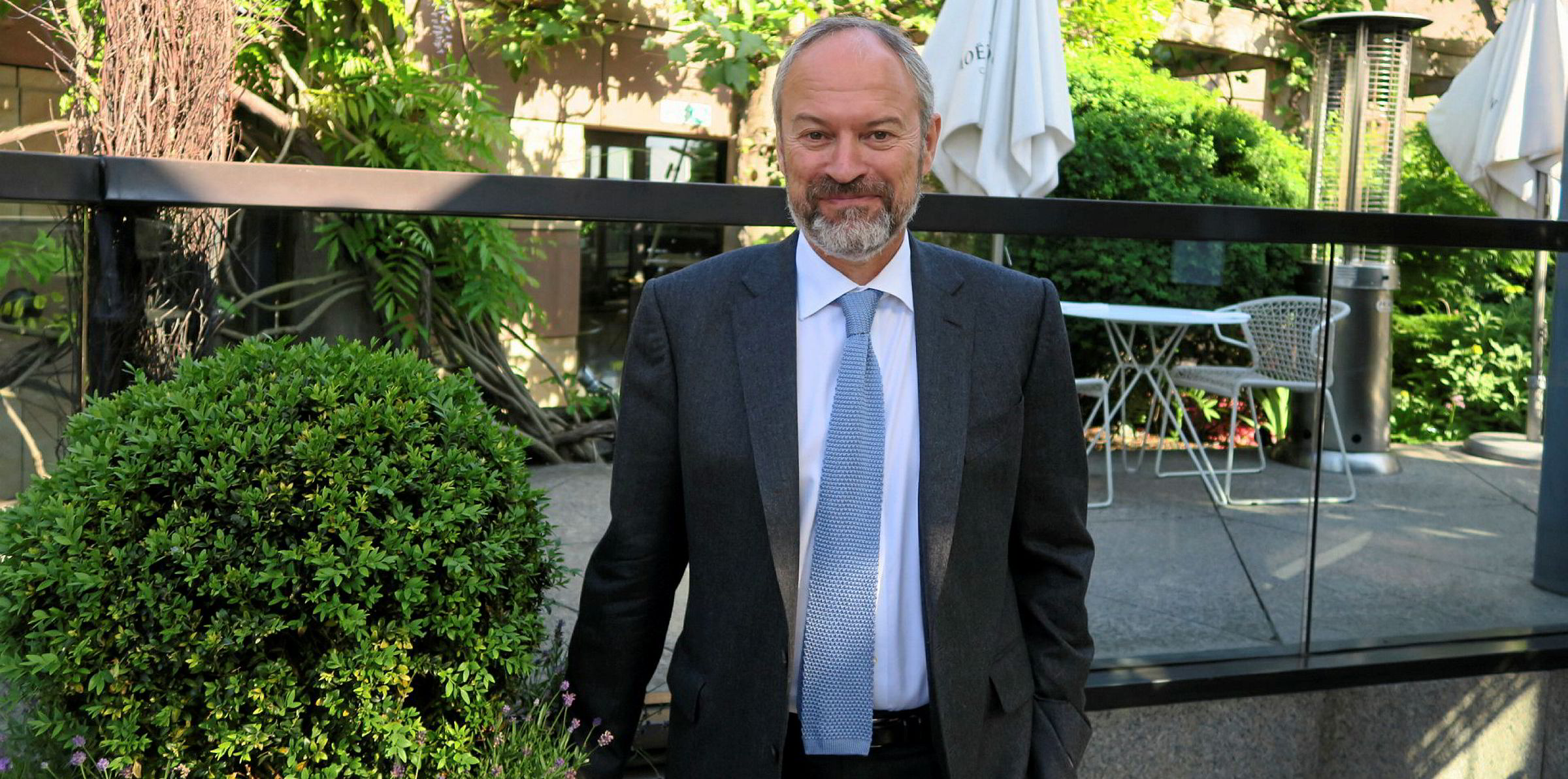
Internal promotion risks
Series said that while the company was not in battlefield promotion mode, he did see problems in promoting from within.
We have got to cut out our suit according to our cloth, which is to drive the existing businesses and make each more profitable and more relevant
Ron Series
“You run the risk sometimes of denuding yourself of someone who was very good and putting them in a job and they don’t make it,” he said. “You have lost twice.”
Kidwell often spoke of a desire to boost Braemar’s share price, with the arrival of Series as chairman and the divestment of the loss-making technical business seen as key landmarks.
At the end of last week, Braemar’s share price was £1.90, giving the company a market capitalisation of £59.41m ($71.68m). The shares were above £5 in the summer of 2014 and slipped to a low of about £1.61 this year.
Growth objectives
Despite the valuation, and Braemar being one of only two public shipbrokers globally, a delisting of the company is not something he has considered.
"It’s a public company and the role I am here for is to grow the value for the benefit of all stakeholders," he said.
Braemar has been historically acquisitive, with the 2017 purchase of NAVES Corporate Finance and the 2018 swoop for Atlantic Brokers Holdings being just the latest examples.
Growth objectives for the shipbroking division, which accounts for the largest slice of revenue, and the finance and ports agency arms will be key points of conversation in the coming months. However, Series warned of a need to be realistic.
“We are not sitting on a treasure trove of capital that we have to deploy,” he said. “We have got to cut out our suit according to our cloth, which is to drive the existing businesses and make each more profitable and more relevant.”
